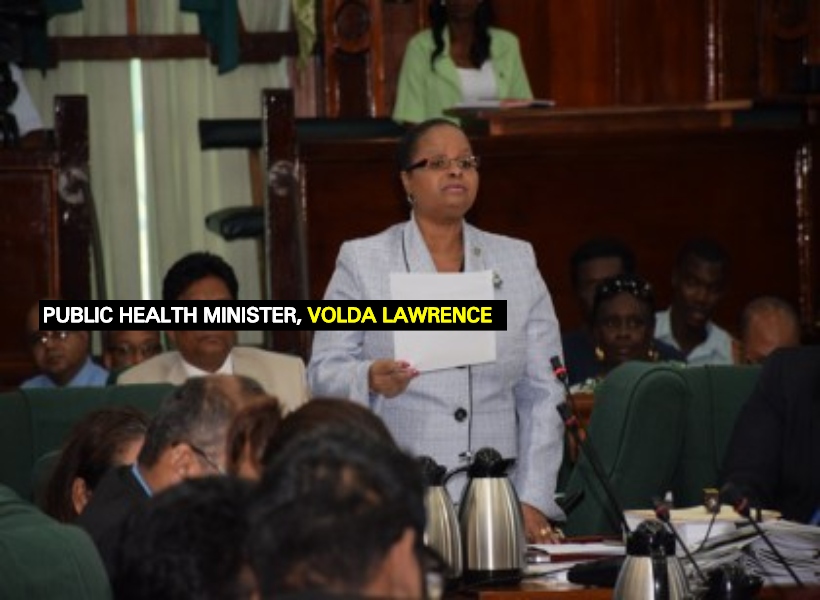With an escalated incidence of HIV cases, the Ministry of Public Health is currently in reactive mode to recapture the gains made over the years. During the first half of this year, the incidence of HIV grew to 142 cases per 100,000 persons, significantly higher than the 2018 rate of 117 per 100,000 persons.
In the face of this dilemma, “testing for HIV remains one of the most important activities in the fight against the virus,” stated the Mid-Year Report which was released earlier this week by the Ministry of Finance.
To this end, and in its pursuit to achieve the 90-90-90 Treat All HIV Policy, the government has committed to increasing HIV testing and, with the help of non-governmental organisations (NGOs), increasing access to testing of vulnerable groups.
The 90-90-90 goal is one which aims to ensure that by 2020 all people living with HIV will know their HIV status; all people diagnosed as positive will receive sustained treatment; and all people receiving treatment will have viral suppression.
Even as moves are made to ramp up testing, the government through its Ministry of Public Health will be looking to ensure that the package of care offered through the collaboration with NGOs will include sensitisation, the distribution of condoms, and linking persons to care and treatment sites. Furthermore, the government will pilot new initiatives this month as counter-measures against HIV.
Already set in motion is the establishment of a public-private partnership with doctors within the private sector to whom patients will be referred for treatment.
“While the cost of treatment will remain free, the patient will be required to cover the doctor’s consultation fee,” the mid-year report outlined. Secondly, the government will be introducing Pre-Exposure Prophylaxis (PEP), which is a course of HIV drugs taken as a pre-emptive measure against the spread of disease, particularly targeted at vulnerable groups.













